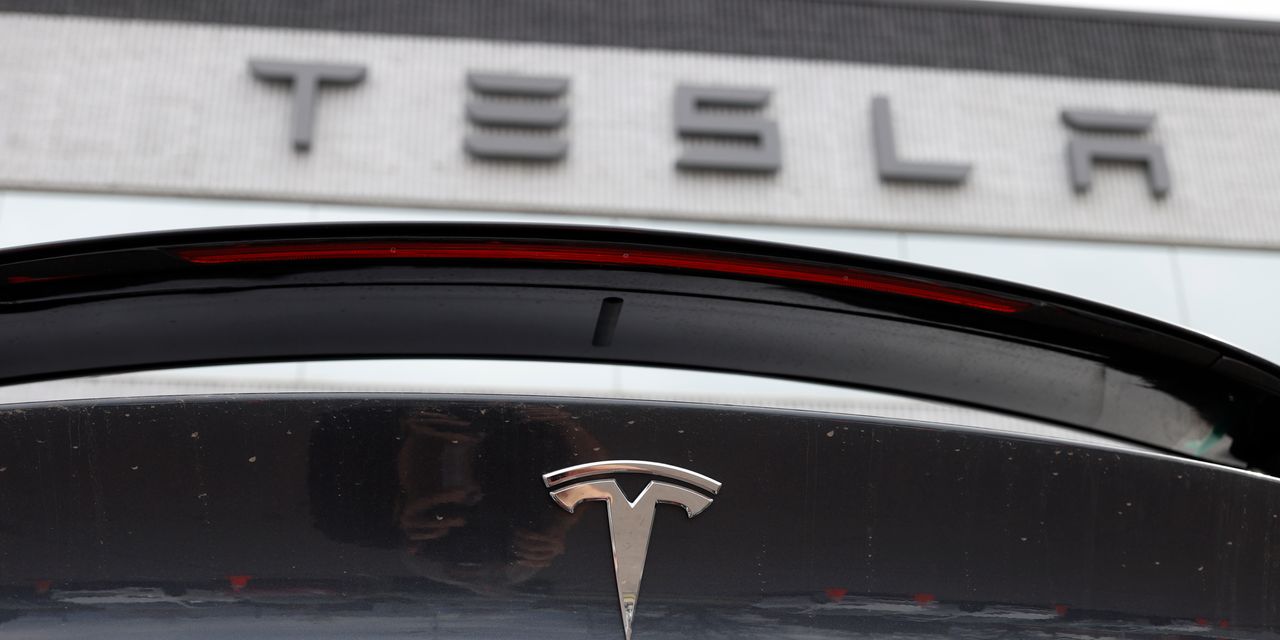Tesla has reported a record high of monthly sales of China-made electric vehicles in September, as it continues to ramp production in the world’s number-two economy.
The carmaker delivered 83,135 EVs in September, an 8% rise from August, according to a report by the China Passenger Car Association (CPCA) from Sunday.
Tesla
TSLA,
has been ramping up production in the country since it opened a factory in Shanghai in late 2019 and following a suspension of production in July to conduct an upgrade. The factory’s weekly output has been on the rise – around 22,000 vehicles compared with 17,000 in June, Reuters reports.
“The record high sales of China-made Tesla cars showed electric vehicles have been leading the mobility trend,” Tesla said in a statement.
Tesla delivered 343,830 EVs worldwide in the third quarter. Its stock is down 37% in the year to date and down 16% in October. On Monday, Tesla’s share price was down 2% in pre-market trading.
Morgan Stanley analysts led by Tim Hsiao said in a note on Friday, ahead of the Tesla update, that that order intake in China has been short of expectations, likely from too many models brought out after the last COVID-19 lockdown, macro uncertainty, and curtailed consumer appetite from the pandemic policies.
“Tesla China is facing its biggest ever competition in China from domestic Chinese EV companies,” they added.
Tesla’s main rival in China, BYD
1211,
sold 200,973 EVs in September, a 15% increase from the month prior. Other Chinese automakers are entering the premium EV market, including Nio
9866,
NIO,
which domestically sold 10,878 cars last month and is expanding into Europe next year.
Musk’s proposal for Taiwan
In an interview with the Financial Times, Musk suggested that Beijing overcome its geopolitical tensions with Taiwan by putting it in a special administrative zone, like Hong Kong.
Musk also said any conflict with Taiwan would impact Tesla but assumed that the Shanghai factory will still be able to serve customers in China.
“My recommendation […] would be to figure out a special administrative zone for Taiwan that is reasonably palatable, probably won’t make everyone happy. And it’s possible, and I think probably, in fact, that they could have an arrangement that’s more lenient than Hong Kong,” he said.
China’s ambassador to the U.S praised Musk’s stance, saying that his proposal is the “best approach to realizing national reunification.”
However, Musk’s comments have garnered criticism from Hsiao Bi-khim, Taiwanese politician and ambassador to the U.S, who said that Taiwan’s democracy is “not for sale.”
